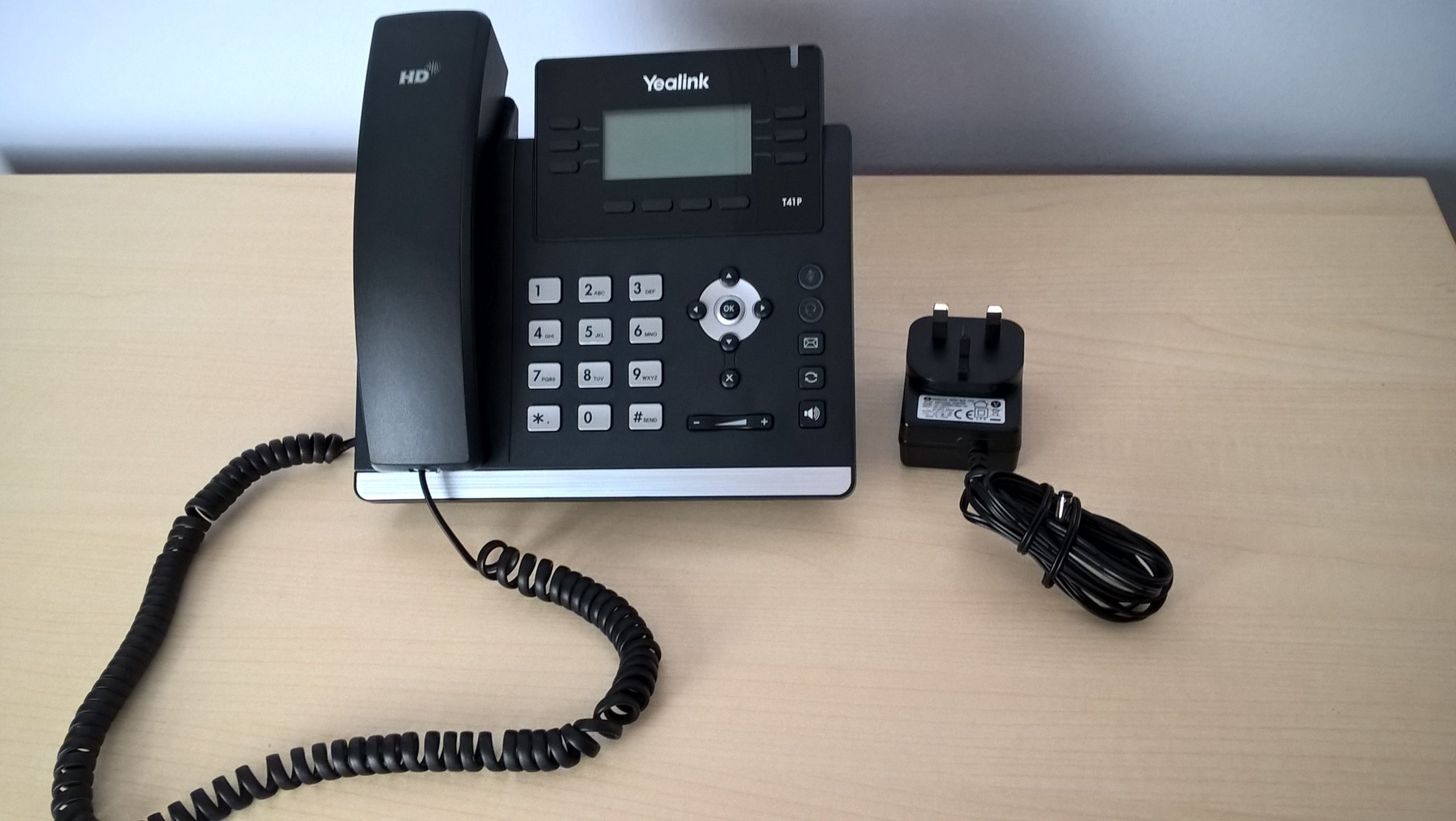The Importance of Professional Boundaries in Sales Interactions
In today’s competitive market, effective communication is essential, especially when it comes to sales interactions. Recently, I encountered a situation that highlights the need for professionalism and respect for boundaries in such engagements.
While analyzing potential product solutions, I communicated my team’s stance on a particular offering from BeyondTrust. Despite my courteous response indicating that the product did not align with our requirements, I was surprised to learn that they chose to reach out to my supervisor to pursue the conversation further. This approach raises significant concerns about the norms of professional conduct in sales.
When a company disregards direct feedback and bypasses established communication channels, it not only disrupts the working environment but also leaves potential clients feeling undervalued. The act of contacting an employee’s boss after receiving a clear ‘no’ is not just unprofessional; it reflects a lack of understanding of business etiquette.
It is essential for sales teams to recognize that respect for client preferences should govern their outreach efforts. Instead of escalating a polite refusal, sales representatives should engage in constructive dialogue or seek to understand the client’s needs better. This approach fosters healthier relationships and paves the way for possible future collaborations.
Ultimately, the key takeaway here is that successful sales tactics shouldn’t involve crossing professional boundaries or disregarding polite communication. By maintaining a respectful distance and valuing client autonomy, sales professionals can create a more fruitful and collaborative marketplace. Let’s strive for a more respectful interaction model, one that prioritizes professional integrity.
Share this content:




Thank you for sharing this important perspective on maintaining professionalism in sales interactions.
It’s essential for sales teams to respect client boundaries and communication preferences. When a potential client clearly states disinterest, the best practice is to honor that response and refrain from escalating contact through supervisors or other channels. Doing so not only preserves the integrity of your outreach efforts but also fosters trust and respect with your prospects.
If you’re experiencing situations where outreach has crossed these boundaries, consider implementing internal guidelines or training sessions that emphasize respectful communication and adherence to client preferences. Additionally, utilizing CRM tools to track interactions can help ensure your team approaches each prospect appropriately and avoids unprofessional tactics.
Should you want to incorporate this philosophy into your outreach strategy, consider developing scripts that acknowledge client feedback graciously and leave the door open for future engagement without pressuring the prospect. This approach demonstrates professionalism and respect, which are key to building long-term relationships.
Feel free to reach out if you’d like assistance in setting up communication protocols or training modules to promote ethical sales practices within your organization.